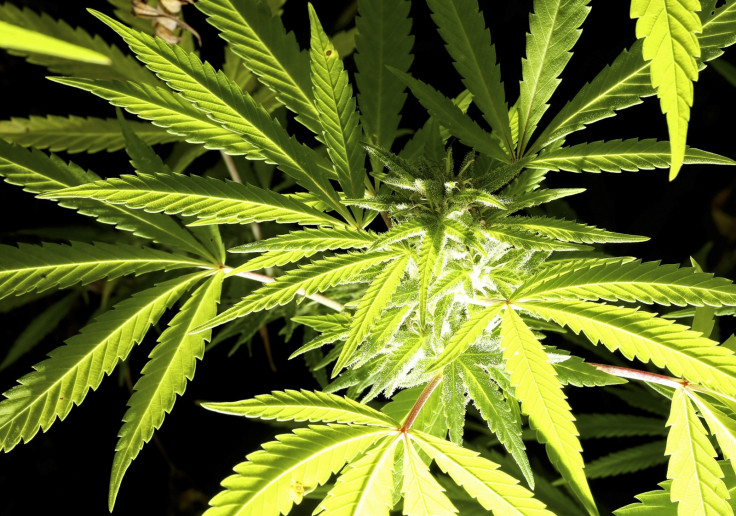Cannabis use in teens does not affect their IQ or educational performance

Cannabis does not affect the IQ or educational performance of teenagers, a study has concluded. Published in the Journal of Psychopharmacology, UK researchers looked at 2,235 teenagers who took part in the Avon Longitudinal Study of Parents and Children to establish the effect of marijuana use on intelligence at the age of 15.
There has been widespread debate on how cannabis affects intellectual and educational performance in adolescents. Previous research had shown teenage cannabis users have lower IQ scores and poorer educational outcomes than those who did not use the drug.
However, the latest study notes these studies also show that teenage cannabis users tend to have higher rates of behavioural problems, depressive symptoms and were more likely to smoke cigarettes and drink alcohol. Their mothers were also more likely to have used cannabis during pregnancy.
To find if there was a link between cannabis use and a lower IQ, the researchers adjusted the findings to take these factors into account. And after full adjustment, they found teens who had used cannabis did not differ from those who had never used it on either IQ or educational performance.
"Cannabis use by the age of 15 did not predict either lower teenage IQ scores or poorer educational performance," they wrote. "These findings therefore suggest that cannabis use at the modest levels used by this sample of teenagers is not by itself causally related to cognitive impairment. Instead, our findings imply that previously reported associations between adolescent cannabis use and poorer intellectual and educational outcomes may be confounded to a significant degree by related factors."
They concluded that teenage cannabis use may have less of a cognitive impact than other epidemiological surveys had previously suggested. However, they also warned that while there was no evidence of an impact on IQ in teenagers, previous studies have shown continued use does affect intelligence in middle age.
"Persistent cannabis dependence, starting with regular cannabis use in adolescence, is associated with IQ decline by middle age. Together, these findings suggest that while persistent cannabis dependence may be linked to declining IQ across a person's lifetime, teenage cannabis use alone does not appear to predict worse IQ outcomes in adolescents." They also said their study was limited by the young age of outcome assessment and that further research will be needed to reach "strong conclusions".
"With ongoing debates about cannabis and tobacco legislation around the world, and the impact this could have on drug availability to teenagers, it is important that we can provide accurate information about drug harms regardless of whether the drug in question is legal or not."
© Copyright IBTimes 2025. All rights reserved.






















